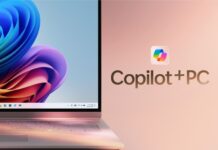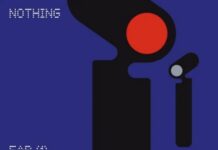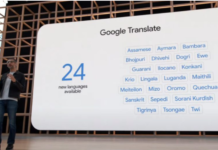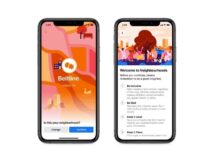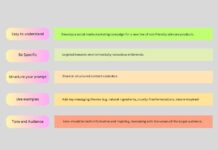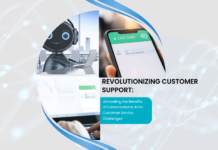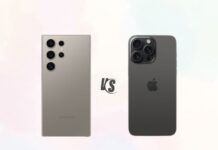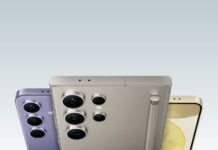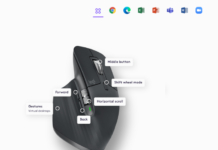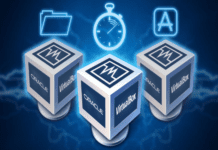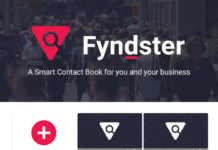Vault 7: WikiLeaks reveals how CIA hacks Popular TVs, Smartphones, And Cars To Spy On People
WikiLeaks, an international non-profit organisation that publishes secret information, released what it claims is the largest leak of intelligence documents in history. It contains 8,761 documents from the CIA detailing some of its hacking arsenal. The release, code-named Vault 7 by WikiLeaks, covers documents from 2013 to 2016 obtained from the CIA’s Centre for Cyber Intelligence.
What is Vault 7?
Vault 7 is the code-name for the collection of documents that were leaked by Wikileaks. This comprised over a 100mn lines of code as well. This basically has given the original hacker access to CIA’s tools and software, which is being circulated in an unauthorised manner among former US govt hackers as well as contractors. One such independent entity has provided Wikileaks with part of the entire archive.
They cover information about the CIA’s operations as well as code and other details of its hacking tools including “malware, viruses, trojans, weaponized ‘zero day’ exploits” and “malware remote control systems”.
If the latest documents released by WikiLeaks – called Vault 7 – are to be believed, the CIA can turn your TV into a mic, bypass the encryption in chat apps by accessing your OS directly, and do a whole lot more.
In the case of a tool called “Weeping Angel” for attacking Samsung smart TVs, WikiLeaks wrote, “After infestation, Weeping Angel places the target TV in a ‘Fake-Off’ mode, so that the owner falsely believes the TV is off when it is on. In ‘Fake-Off’ mode the TV operates as a bug, recording conversations in the room and sending them over the Internet to a covert CIA server.”
The release said the programme was developed in cooperation with British intelligence.
One of the greatest focus areas of the hacking tools was getting access to both Apple and Android phones and tablets using “zero-day” exploits. These are vulnerabilities that are unknown to the vendor, and have yet to be patched.
This would allow the CIA to remotely infect a phone and listen in or capture information from the screen, including what a user was typing for example.
The CIA reportedly also has studied whether it could infect vehicle control systems for cars and trucks, which WikiLeaks alleged could be used to conduct “nearly undetectable assassinations.”
According to WikiLeaks, this is only the first part of the leak, titled “Year Zero”, with more to come.
Julian Assange’s statement on the matter
Julian Assange, WikiLeaks editor said, “There is an extreme proliferation risk in the development of cyber ‘weapons’. Comparisons can be drawn between the uncontrolled proliferation of such ‘weapons’, which results from the inability to contain them combined with their high market value, and the global arms trade. But the significance of “Year Zero” goes well beyond the choice between cyberwar and cyberpeace. The disclosure is also exceptional from a political, legal and forensic perspective.”


